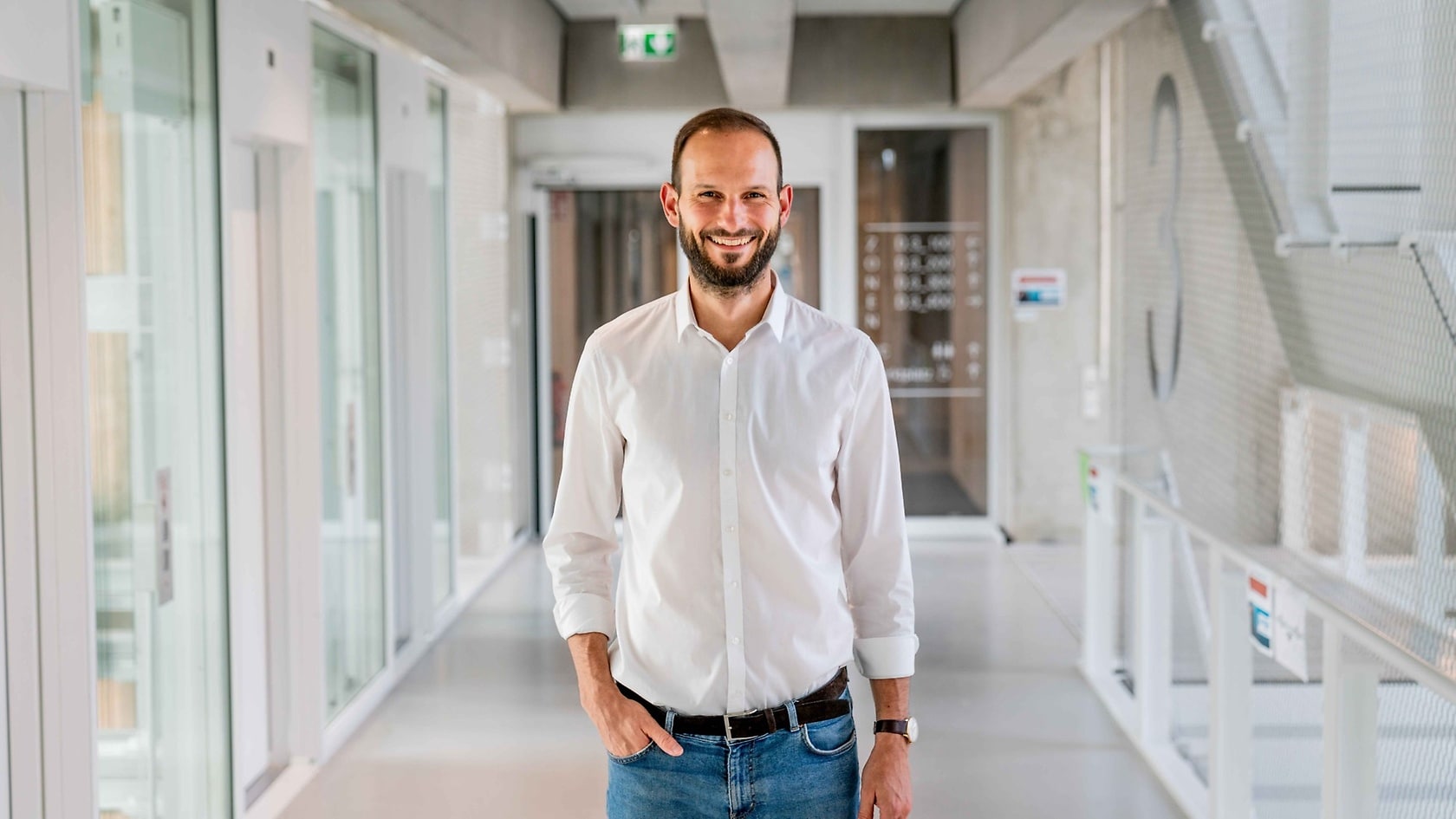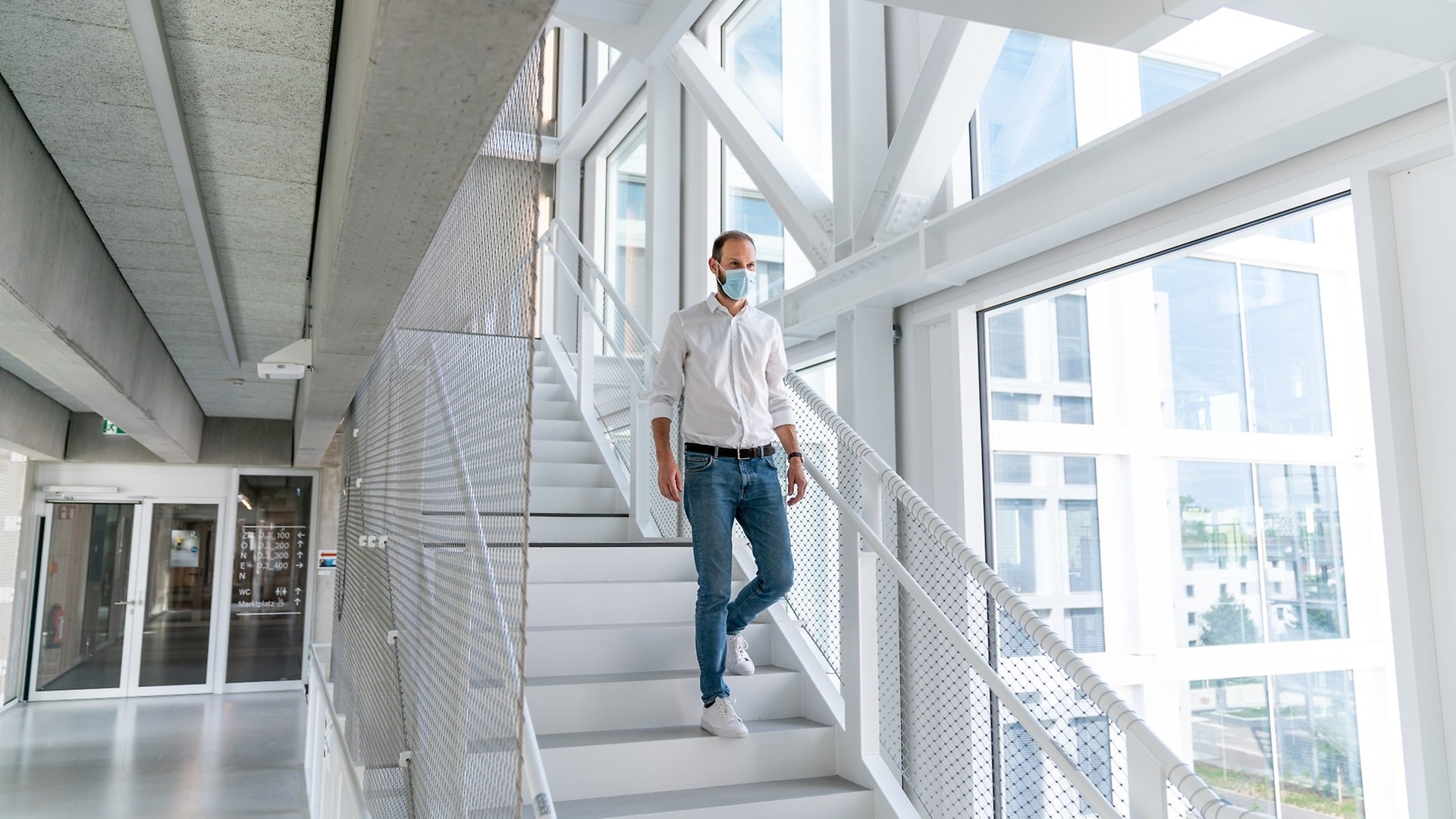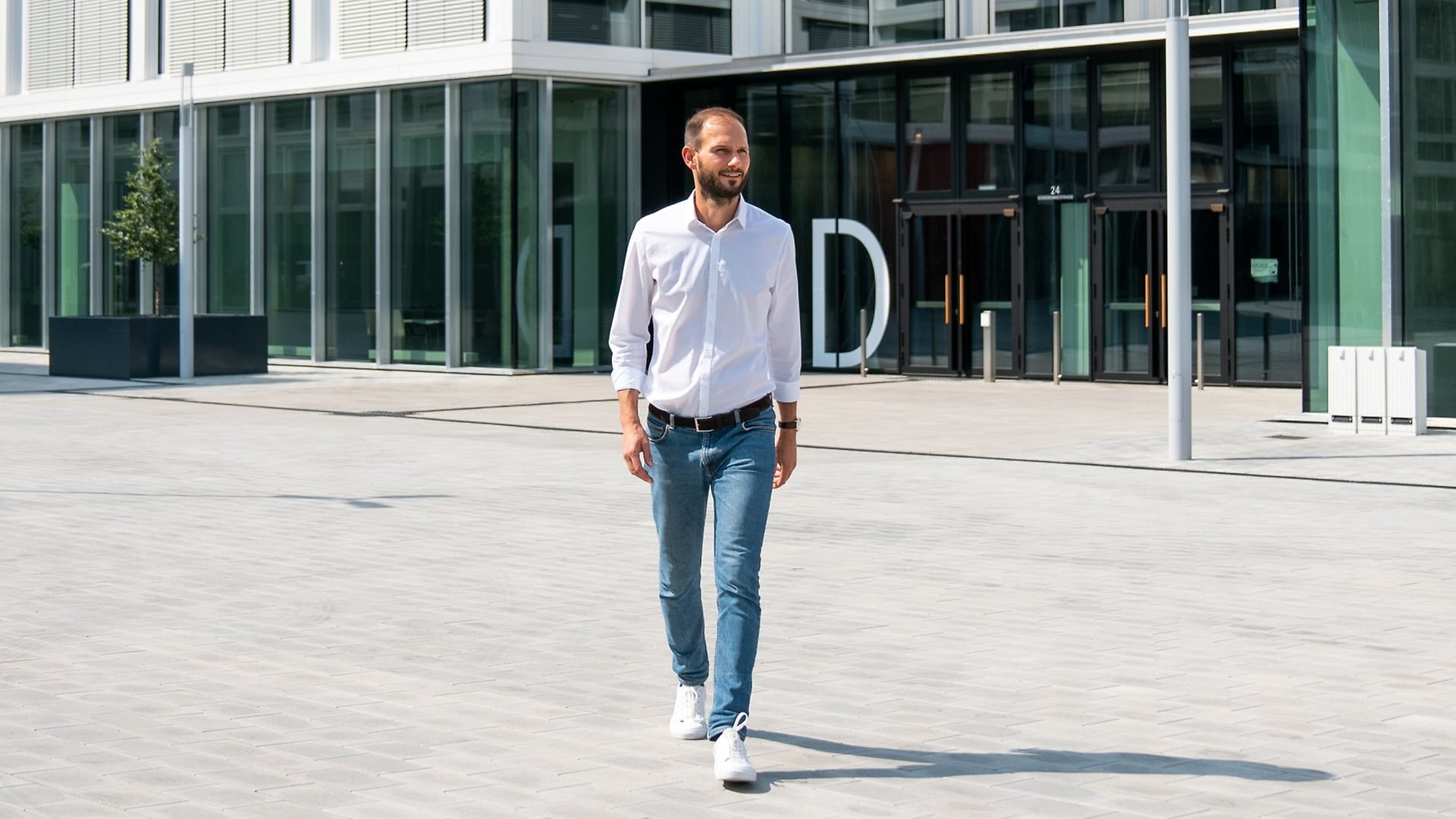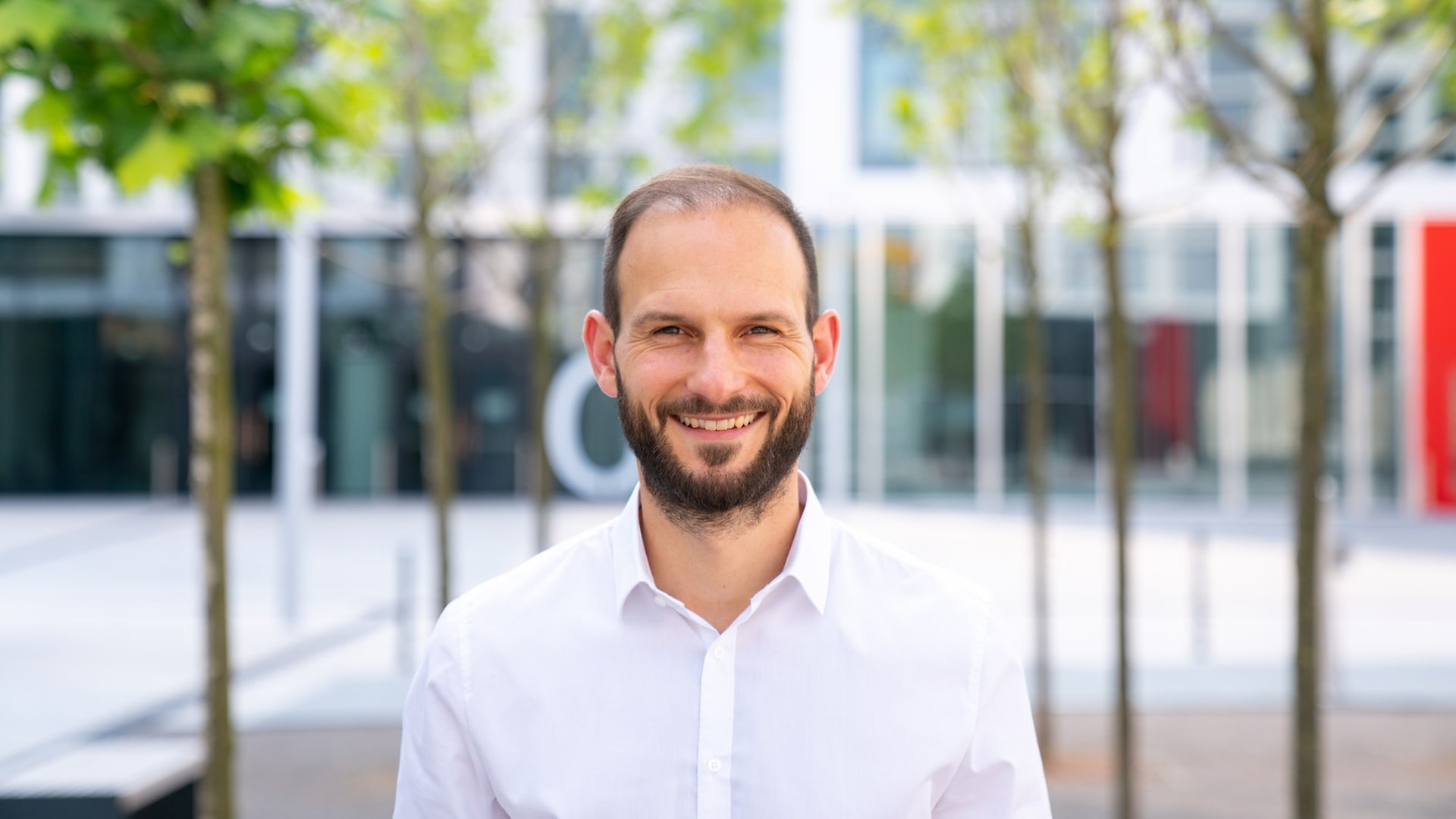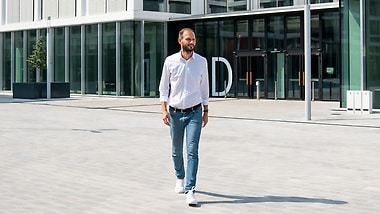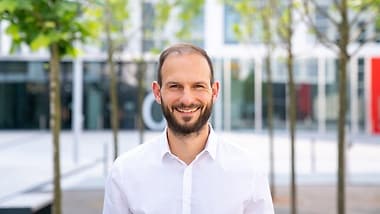How did the training go after that?
In the first year we were in the training workshop and learned the basics, for example about metalworking. And of course it was interesting to get to know the rest of the plant: from the bodyshop to final assembly. From the second year onwards, we moved on to the specialist area we had chosen. For me it was vehicle electrics, which was simply what excited me the most.
What makes training at Mercedes-Benz special for you?
For me, the wide-ranging opportunities to learn and be creative during the apprenticeship, as well as the possibilities for further development after training, are outstanding here. I also learned that a lot can be achieved here with your own commitment and will. The master craftsmen and women helped me a lot, as did the supervisors who accompany the apprentices with genuine commitment and give them advice and practical support.
Following your apprenticeship, you then completed your vocational diploma and started studying ...
Yes, I was initially at the plant in Rastatt, in the chassis assembly area. It was great to work with so many experienced colleagues. It is really great that at Mercedes-Benz you have the possibility of going on with further training after your apprenticeship to become a master craftsman /woman or technician, for example. During a conversation, my former trainer suggested that I could start studying instead. So after getting my vocational diploma, I enrolled in the bachelor's degree programme in automotive engineering and service at the University of Applied Sciences in Esslingen. During my term breaks, I also worked in production. Later on, I went to the Global Service & Parts department at the Mercedes-Benz site in Böblingen for my practical internship.
And after your studies, you joined Mercedes-Benz again.
Exactly, for my last period of theoretical study I was an exchange student in Shanghai, and was looking for an opportunity to write my thesis. I contacted a colleague, who had been my supervisor during my internship at Mercedes-Benz and he came up with a topic that suited me very well. Afterwards he made me an offer to stay in his team. Working together with these colleagues was just great, so I didn't have to think about it long and stayed (laughs).
